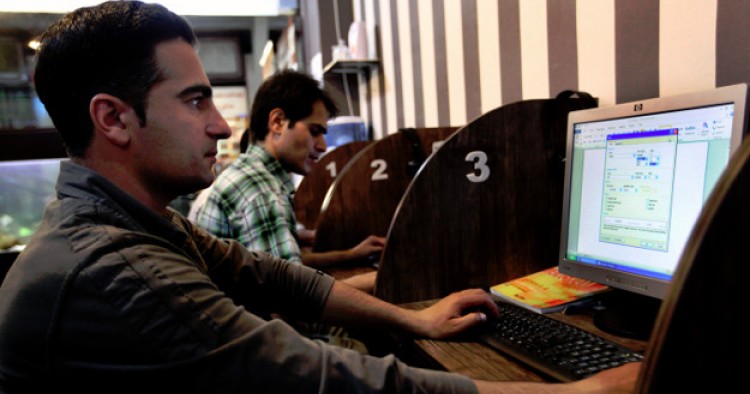Iran's Prosecutor General Mohammad Jafar Montazeri said on Monday that the government will monitor and filter “electoral violations” in the cyberspace and warned that his office will take legal action against individuals and websites that “intend to disrupt the election atmosphere,” state-run Islamic Republic News Agency reported. “It is among our duties to create a healthy environment and maintain security for the elections and deal with individuals and criminals who plan to disturb the elections. And we will not spare any effort in this responsibility.” He called on authorities across the country to “monitor the cyberspace every second and take legal action if they find any violations.”
Comment: In recent months, Iranian authorities have launched an aggressive campaign to monitor and filter the internet and social media in the country. Dozens of journalists and social media activists – particularly ones associated with reformist political parties – have been arrested. This is because internet activism played a key role in the organization of anti-regime protests that rocked Iran after the disputed 2009 elections.
Last month, Montazeri announced that the country’s judicial authorities each week filter between 16,000 and 20,000 Telegram accounts. He added that this was still not sufficient and urged that “a national apparatus must be set up” to increase the monitoring and control of the popular social media application in the country. Iran’s Deputy Police Chief Brig. Gen. Eskandar Momeni also said the country’s Cyber Police had increased its presence and activity in major population centers across the country to monitor the cyberspace.
Moreover, Iran’s Basij paramilitary forces, which actively suppressed the protest movement after the 2009 elections, have also taken a leading role in monitoring and controlling the country’s cyberspace. In February, Iran’s Deputy Attorney General Abdolsamad Khoramabadi said “18,000 people [Basij members] voluntarily monitor the cyberspace and report any violations by websites and [online] social networks to the office of the Prosecutor General.”
To prevent a repeat of the 2009 scenario, the Iranian government has established new agencies to tighten its control over the internet. In 2011, the Iranian government created the Cyber Police department; and a year later, Supreme Leader Ali Khamenei ordered the establishment of a new government agency, called Supreme Council of Cyberspace, in an effort to step up the country’s crackdown on Iranian internet users.
The Middle East Institute (MEI) is an independent, non-partisan, non-for-profit, educational organization. It does not engage in advocacy and its scholars’ opinions are their own. MEI welcomes financial donations, but retains sole editorial control over its work and its publications reflect only the authors’ views. For a listing of MEI donors, please click here.













